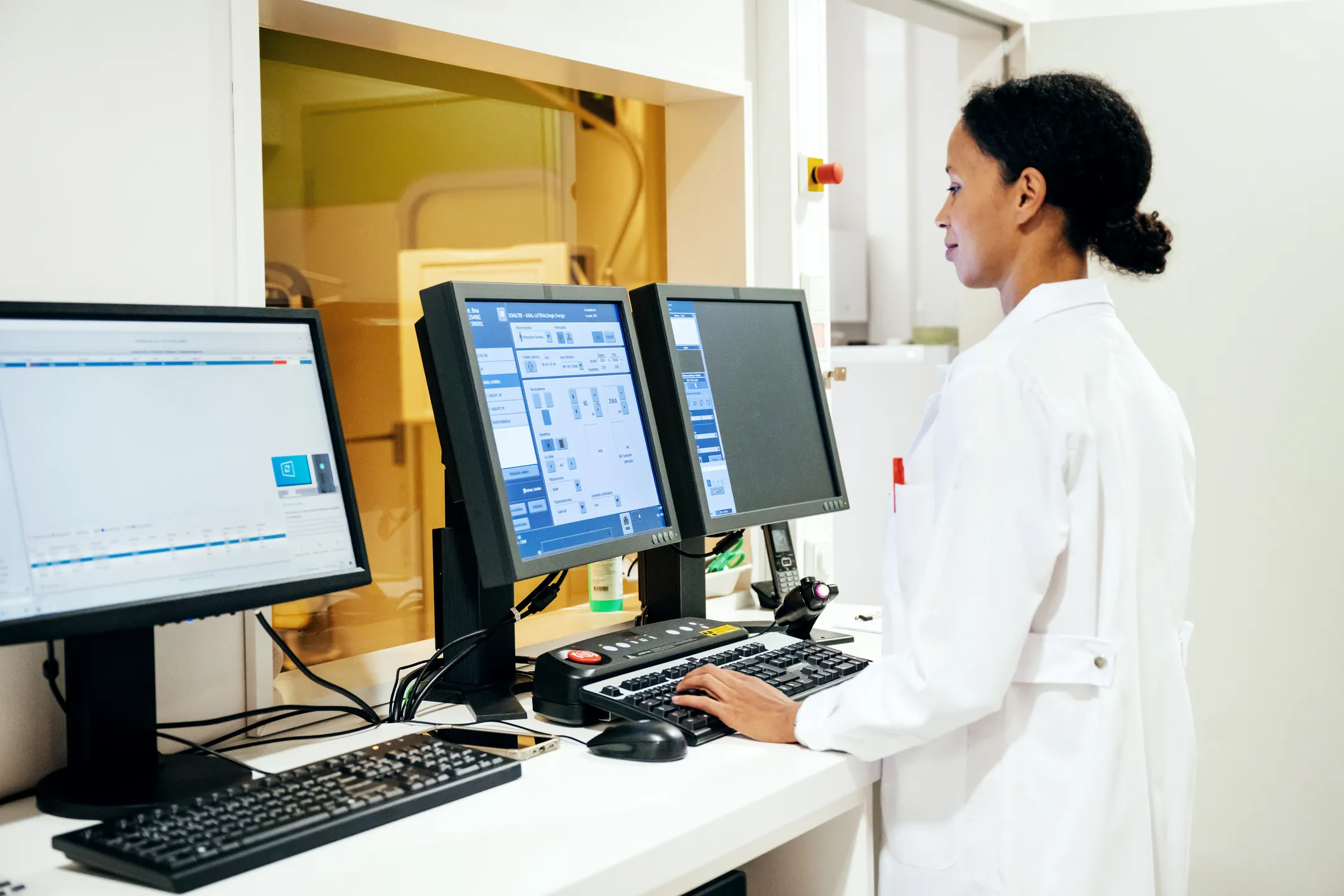
Researchers used machine learning to study blood samples from more than 45,000 people.
AI tools were able to identify patterns of proteins present in the blood linked to increased risk of disease, allowing researchers to accurately predict a person’s probability of developing a condition before symptoms appear.
Being able to detect early warning signs for a broad set of conditions may lead to opportunities for early intervention and prevention, experts say.
Early stages
The study team, which involved researchers from the University of Edinburgh and commercial collaborators Optima Partners and Biogen, analysed blood samples from the UK Biobank – a database of genetic and health information from 500,000 UK participants.
They used AI and machine learning tools to identify protein patterns in the blood that were indicative of the development of common conditions including Alzheimer’s, heart disease and type 2 diabetes.
The disease diagnosis information was taken from the medical records of the participants up to 10 years after the blood sample measurements.
The team then tested whether the patterns could be used to diagnose conditions in the blood samples of a separate group of individuals, whose data had not been used to create the protein patterns.
They found that the protein patterns improved prediction accuracy beyond traditional risk factors such as age, sex, lifestyle behaviours, cholesterol and other commonly measured clinical variables.
Implementation of this form of analysis is not expected to be immediate, but experts say their research is a promising step forwards in risk prediction.
The study is published in the journal Nature Aging and was funded by Wellcome.

